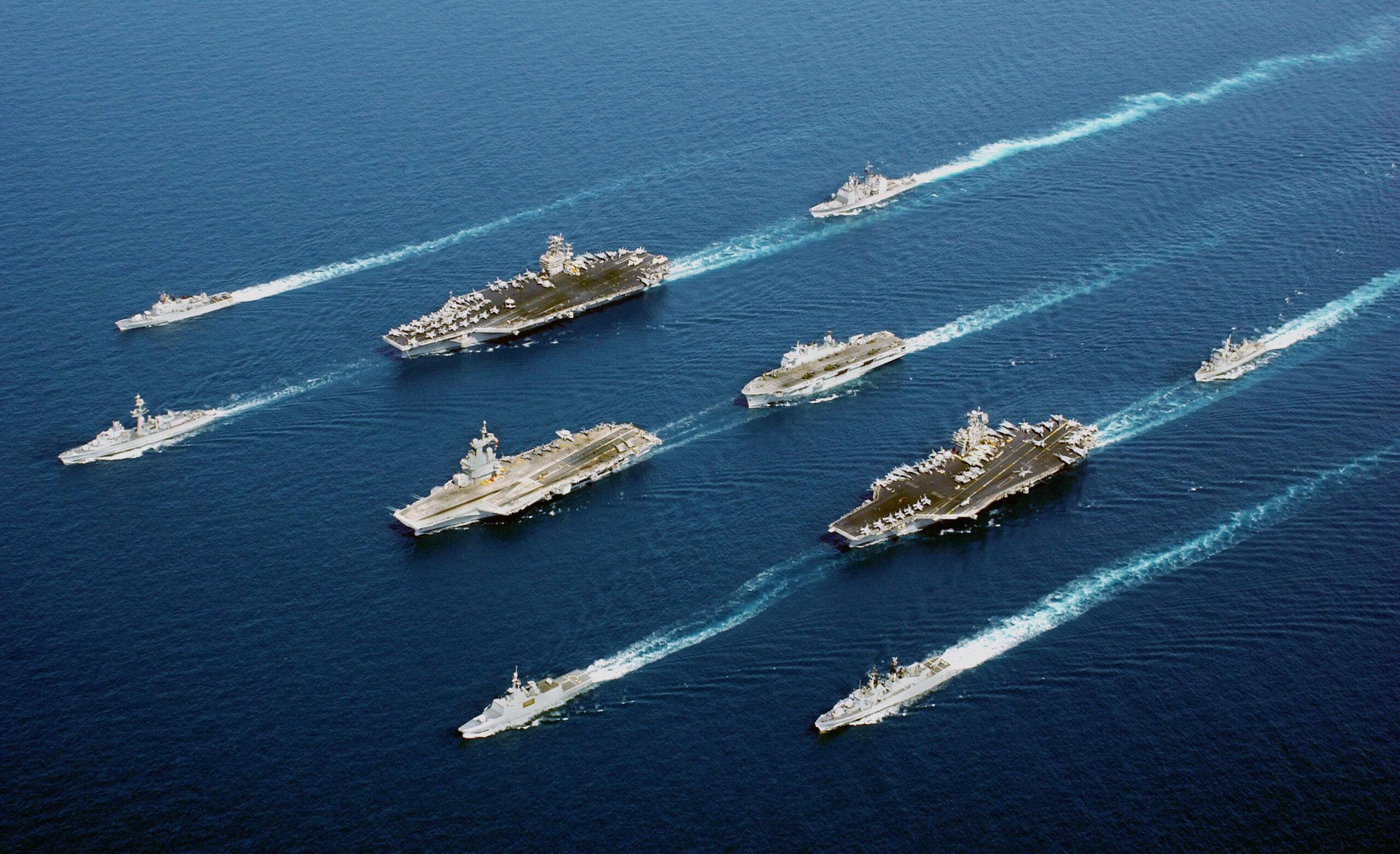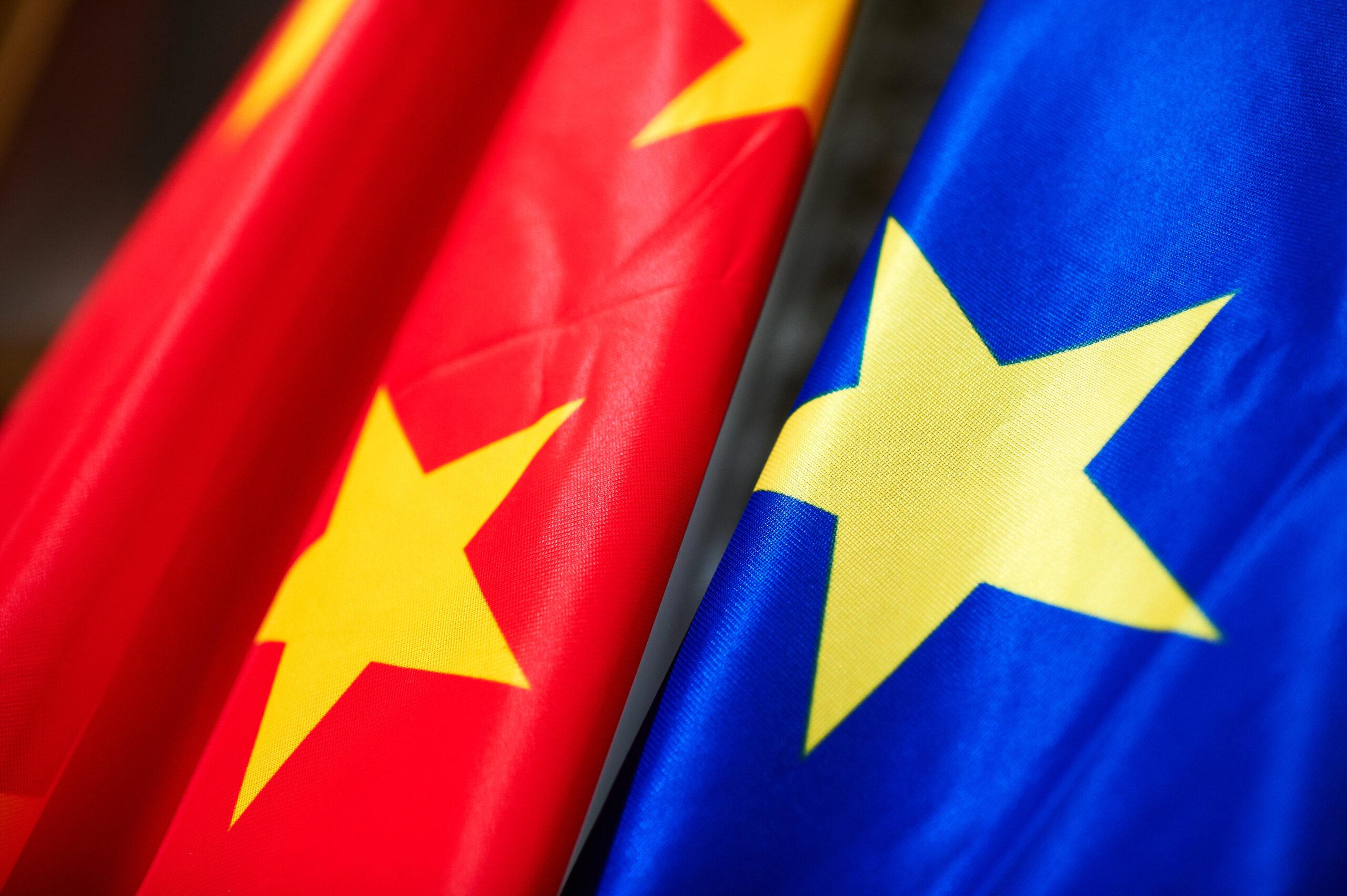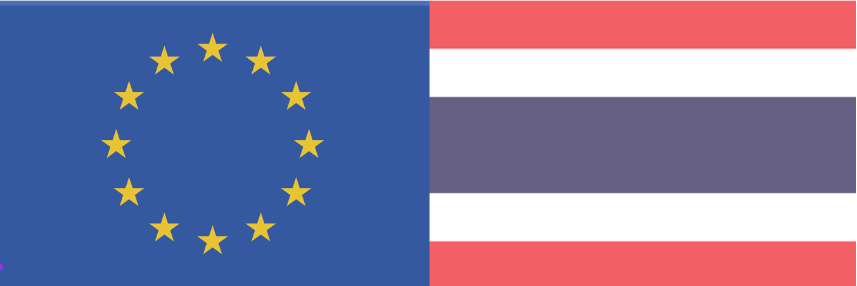Mongolia boasts an incredibly rich array of natural resources, from copper to coal, to rare earth metals. Although the country also contains rich and accessible uranium deposits, the mineral has not been mined in Mongolia since the 1990s, after the last Russian uranium mine closed. Though companies like the Canadian-owned Khan Resources have attempted to restart production since, none have managed yet to overcome the political, environmental and legal hurdles that inevitably arise when mining in Mongolia. In October 2023, the French nuclear company Orano signed a deal to mine uranium in Mongolia after concerns about France’s nuclear supply arose due to instability in western Africa, where it historically sourced most of its uranium. Many questions remain, as to whether the project will succeed unlike previously failed attempts to mine the element in the country, and as to how the mineral will leave Mongolia, which is landlocked and enveloped by China and Russia.









